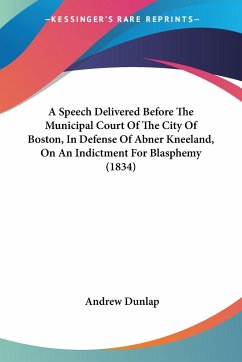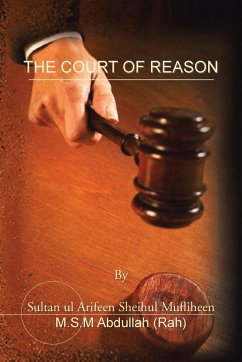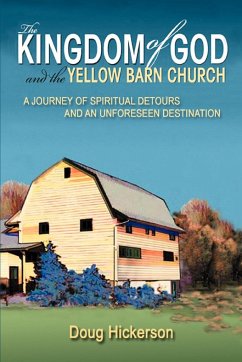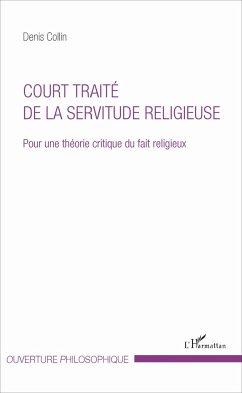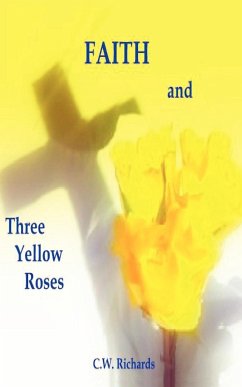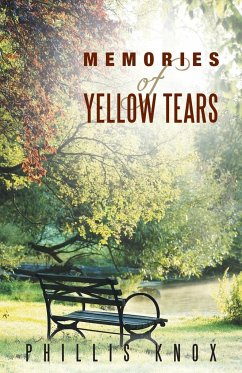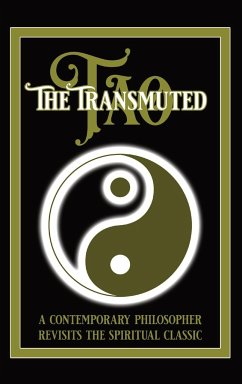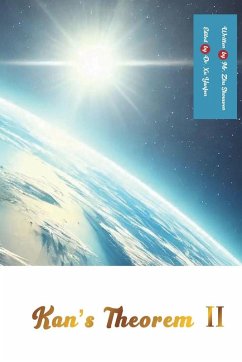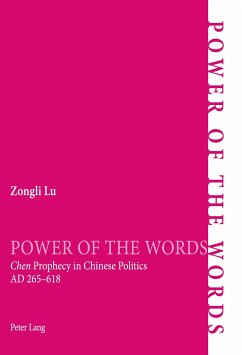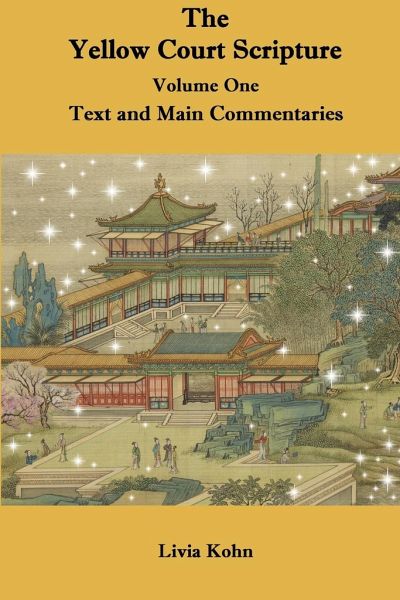
The Yellow Court Scripture, Vol. 1
Text and Main Commentaries
Versandkostenfrei!
Versandfertig in 1-2 Wochen
35,99 €
inkl. MwSt.

PAYBACK Punkte
18 °P sammeln!
The Huangting jing (Yellow Court Scripture) is a central classic of Daoist meditation. It comes in two major versions, an "outer" and an "inner" text, that are both revealed by senior deities and written in lines of seven characters. Going back to the early middle period, with major commentaries from the Tang dynasty, they are rather mysterious and poetic in diction, presenting the human body in terms of energies and spirits, towers and chambers. Without giving specific instructions, they suggest visualization, energy circulation, and alignment with the celestial bodies to maintain and control...
The Huangting jing (Yellow Court Scripture) is a central classic of Daoist meditation. It comes in two major versions, an "outer" and an "inner" text, that are both revealed by senior deities and written in lines of seven characters. Going back to the early middle period, with major commentaries from the Tang dynasty, they are rather mysterious and poetic in diction, presenting the human body in terms of energies and spirits, towers and chambers. Without giving specific instructions, they suggest visualization, energy circulation, and alignment with the celestial bodies to maintain and control these internal powers in order to enhance life, increase longevity, and reach for immortality. Both texts, moreover, carry celestial potency in themselves and have been chanted since they first appeared. This book, after a historical introduction, translates both versions with their main commentaries, prefaces, and recitation instructions. Allowing the sources to speak for themselves, it opens a new vista on Daoist meditation, traditional cosmology, and the Chinese understanding of body and mind.





